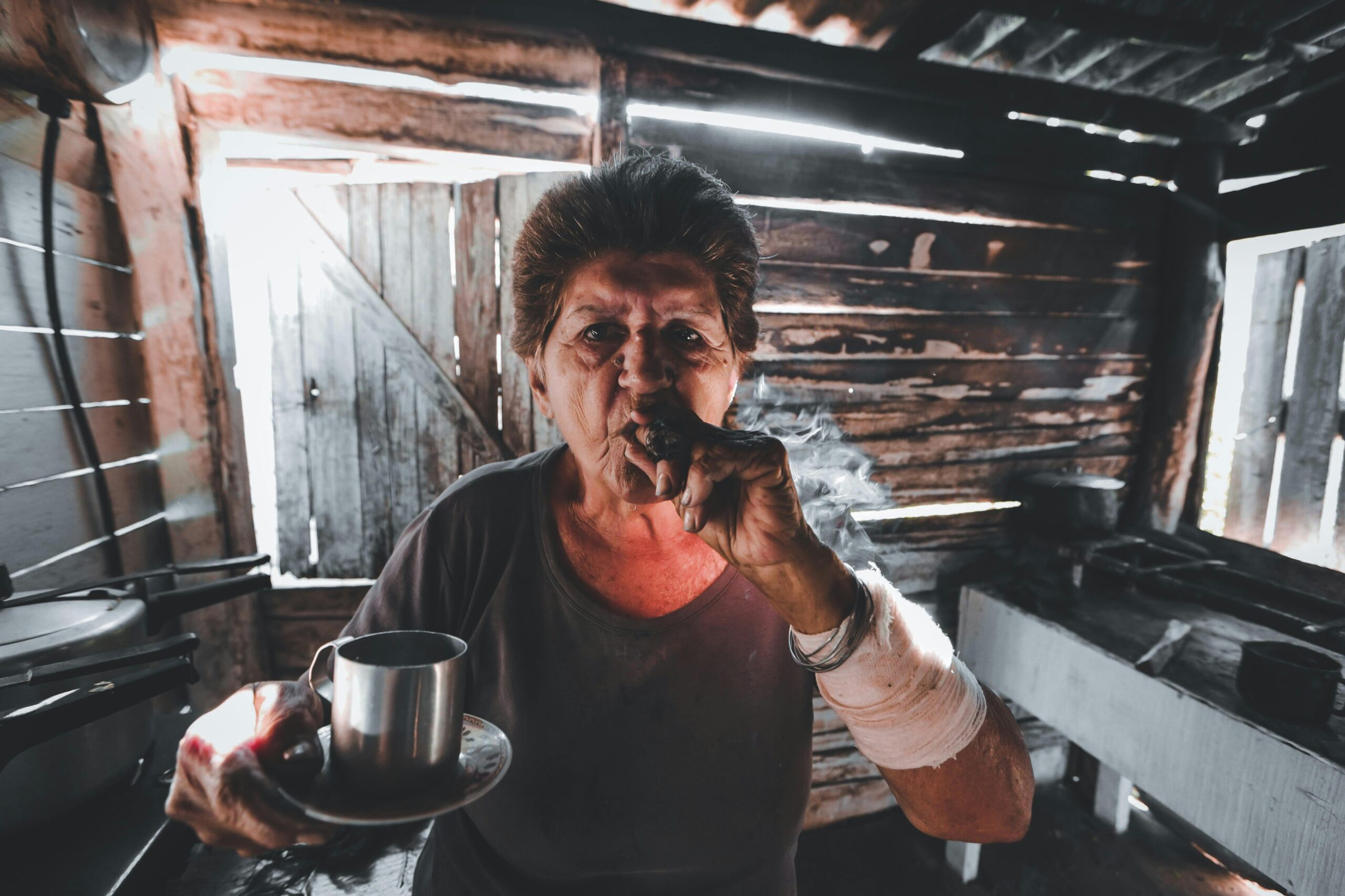
Our lungs work tirelessly to supply oxygen to every cell in our body, yet many of us unknowingly engage in habits that damage them over time. Respiratory health is not just about avoiding smoking—it’s also about the daily choices we make. Here are 10 everyday habits that could be silently harming your lungs and what you can do to protect them.
1. Smoking (Including Occasional or Social Smoking)
Even “just a few” cigarettes can damage your lungs. Cigarette smoke contains over 7,000 chemicals, many of which are toxic and carcinogenic. Even occasional smoking can irritate your airways, reduce lung capacity, and increase the risk of chronic obstructive pulmonary disease (COPD) and lung cancer.
Tip: If quitting feels overwhelming, start by reducing your intake and seek professional support or nicotine replacement therapies.
2. Secondhand Smoke Exposure
Even if you don’t smoke, inhaling secondhand smoke can be just as harmful. Passive smoking contributes to lung infections, asthma flare-ups, and even lung cancer. Children exposed to smoke are especially at risk.
Tip: Avoid environments where smoking occurs and encourage smoke-free spaces at home and work.
3. Indoor Air Pollution
Household pollutants like dust, mold, pet dander, and cleaning chemicals can irritate your lungs. Burning candles, incense, or cooking without proper ventilation can also release harmful particles into the air.
Tip: Keep your home well-ventilated, use air purifiers, and clean regularly to reduce dust and mold.
4. Ignoring Respiratory Symptoms
Coughing, wheezing, or shortness of breath are often brushed off as “nothing serious,” but they can be early signs of conditions like asthma or chronic bronchitis.
Tip: If you experience persistent respiratory symptoms, seek medical advice early to prevent long-term lung damage.
5. Not Exercising Regularly
A sedentary lifestyle reduces lung efficiency. Exercise strengthens your respiratory muscles, improves oxygen exchange, and helps clear mucus from your lungs.
Tip: Incorporate at least 30 minutes of moderate activity, such as brisk walking or cycling, five days a week to keep your lungs healthy.
6. Overuse of Aerosol Products
Air fresheners, deodorants, and cleaning sprays release volatile organic compounds (VOCs) and particles that can irritate the lungs, especially if used in enclosed spaces.
Tip: Switch to natural cleaning products or solids, and use sprays in well-ventilated areas or outdoors.
7. Breathing Polluted Outdoor Air
Urban smog, industrial emissions, and car exhaust can severely affect your respiratory system. Long-term exposure to polluted air increases the risk of asthma and other lung diseases.
Tip: Monitor air quality reports, avoid heavy outdoor activity during high pollution hours, and wear a mask when necessary.
8. Poor Posture and Shallow Breathing
Slouching can limit your lung capacity by compressing your chest cavity, leading to shallow breathing and reduced oxygen intake. Over time, this can make your lungs less efficient.
Tip: Practice good posture and deep breathing exercises daily to expand your lung capacity.
9. Not Drinking Enough Water
Hydration plays a crucial role in lung health. Mucus in your airways traps dust and microbes, and water keeps it thin so it can be expelled easily. Dehydration makes mucus thick and harder to clear, increasing infection risk.
Tip: Drink at least 6–8 glasses of water a day to keep your respiratory system clear.
10. Ignoring Proper Rest and Sleep
Chronic sleep deprivation weakens your immune system, making you more susceptible to respiratory infections like pneumonia and bronchitis. Lack of rest also affects your breathing patterns, leading to less oxygen intake.
Tip: Aim for 7–9 hours of sleep per night to support lung health and overall immunity.
Final Thoughts
Your lungs are vital to every aspect of your health, yet they’re often overlooked until a problem arises. By being mindful of these everyday habits—many of which are easy to change—you can significantly improve your lung health and reduce the risk of chronic diseases.
Taking small, consistent steps like staying active, avoiding pollutants, and drinking enough water can go a long way toward protecting your lungs for years to come.

Leave a Reply